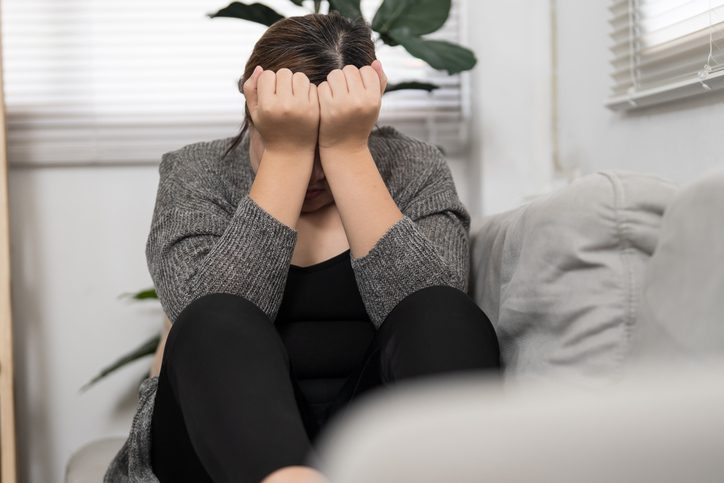All people are at risk for addiction and dependency if they use alcohol or high-risk drugs on a consistent basis. But there are differences in how women and men respond to addictive substances. Women typically have higher body fat and lower body water, for example, which affect how quickly they can metabolize substances. As a result, women can develop addiction more quickly than men do. Women also develop addiction-related health issues, like cancer and nerve damage, faster than men do.
Consider Some Statistics on Addiction in Women
The Substance Abuse and Mental Health Services Administration published the 2020 National Survey on Drug Use and Health: Women that breaks down some very significant statistics on addiction in women:
- The survey found that 16.6% of women between 18 and 25 and 8.3% of women over the age of 26 suffered from an alcohol use disorder.
- About 1% of women between 18 and 25 and about 1.2% of women over the age of 26 suffered an opioid use disorder.
- 9.5 million, or 7.3% of women over the age of 18, had both a substance use disorder and a mental health disorder.
Considering these facts, it is clear that women are at risk for addiction and that many will also suffer from a mental health disorder, such as anxiety, depression, or post-traumatic stress disorder.
If you have a family member that you believe could be at risk, or if you worry that you may be developing an addiction, do not wait to get help. Our alcohol and drug addiction treatment center in Lubbock, Texas, can help you get the support you need right now. At The Ranch at Dove Tree, we are committed to supporting women who need immediate help.
Signs of Addiction
The following are common signs of drug or alcohol misuse:
- Changes in behavior: People may become more secretive, not being forthcoming about what they are doing. Some women will deny they are using substances outright, while others will not communicate how much they are using.
- Changes in physical appearance: For many women, this will include unexpected weight loss or gain, lack of personal hygiene, and bloodshot eyes.
- Lack of energy: Drug and alcohol use can lead to intense fatigue and low energy, making it difficult to complete daily tasks.
- Financial trouble: For some people, the need to continuously feed an addiction leads to financial strain. This is made worse when a person is struggling to maintain their job due to their substance use.
- Obsessive feelings or actions: A tell-tale sign of substance use disorder is being obsessive about the access one has to drugs or alcohol. It becomes the central priority in a person’s life.
Look For Physical Signs of Drug Use
It is easier to spot the physical symptoms of drug abuse and addiction in a family member than in someone less well known. The most common of these physical signs include:
- Delusions
- Trouble with breathing steadily
- Intense withdrawal symptoms, including confusion, depression, insomnia, and headaches, when not using the substance
- Nausea and vomiting
- Significant weight loss or weight gain
- Consistent drowsiness or trouble sleeping
- Agitation
- Aggressive behavior
Consider the Psychological Signs of Drug Use
Many women with drug addiction will suffer psychological changes during their use and if they try to stop using the substances. Some of the most common include:
- Significant changes in personality
- A constant state of anxiousness
- Mood swings
- Emotional and mental withdrawal
- Paranoia
- Lack of energy or motivation
- Inattentiveness
In all situations, look for physical and mental changes in the woman you are concerned about. If your loved one was always full of energy and always took care of herself, and that suddenly changes, that could indicate an addiction or mental health disorder that requires care. Notice the changes in their health, personality, the way they act, and their priorities. Then, take action.
How to Help a Woman with Addiction Symptoms
At The Ranch at Dove Tree, we offer a comprehensive alcohol and drug treatment program for women that can provide the tools and resources necessary to recover. This program is individualized to provide the type and level of care needed to help a person break through addiction and begin recovery. It may include:
- Detox to help overcome withdrawal symptoms
- Tactical recovery programs for women who are first responders or Veterans struggling with PTSD
- Traditional residential care
- Intensive outpatient care
- Partial care program
Women may not always be willing to communicate their need for addiction treatment. Many times, there is a long list of things they need to do, from caring for their job to meeting the expectations of their family. Yet, without treatment, addiction worsens. Contact The Ranch at Dove Tree today for help that makes a difference.







